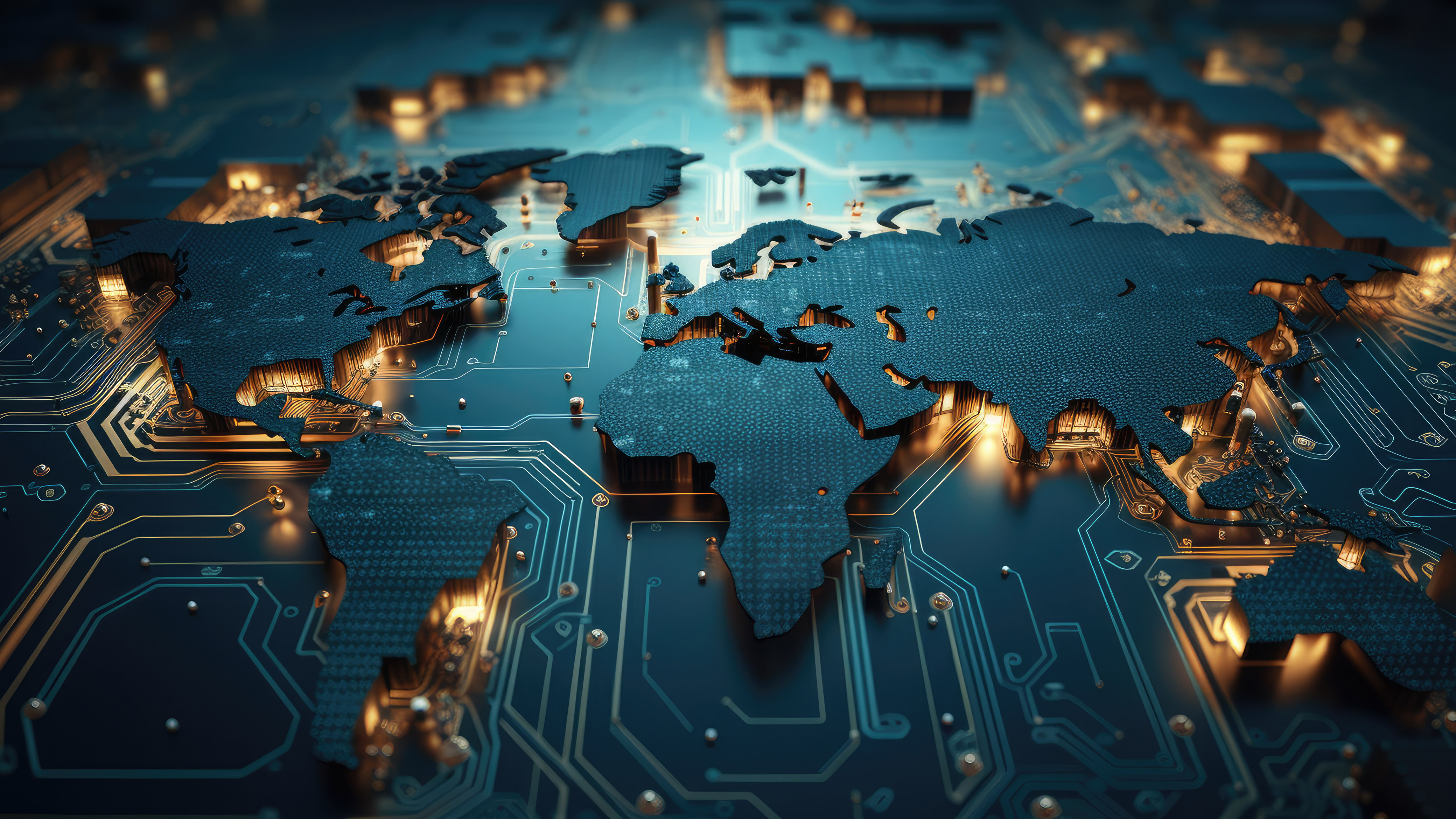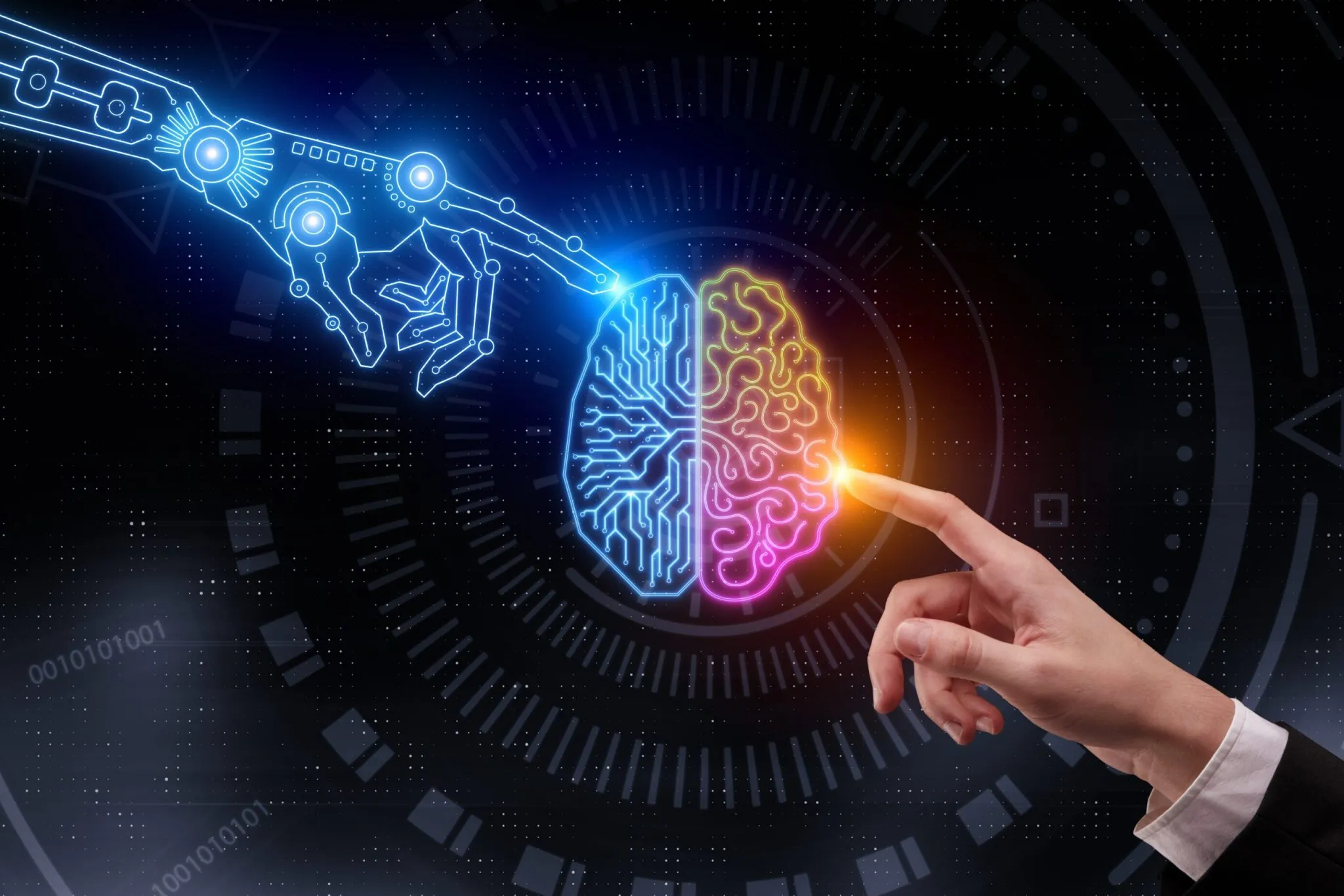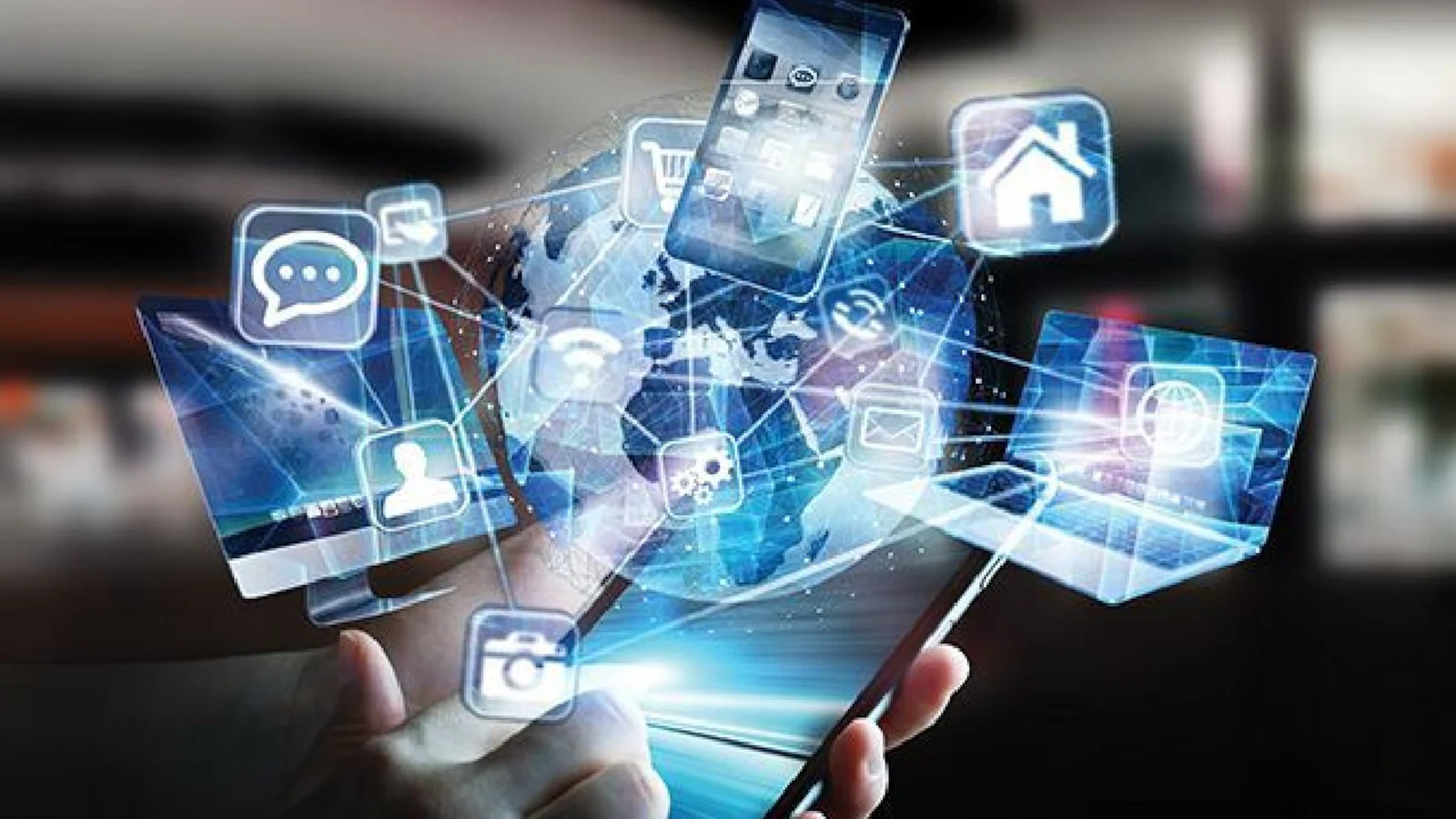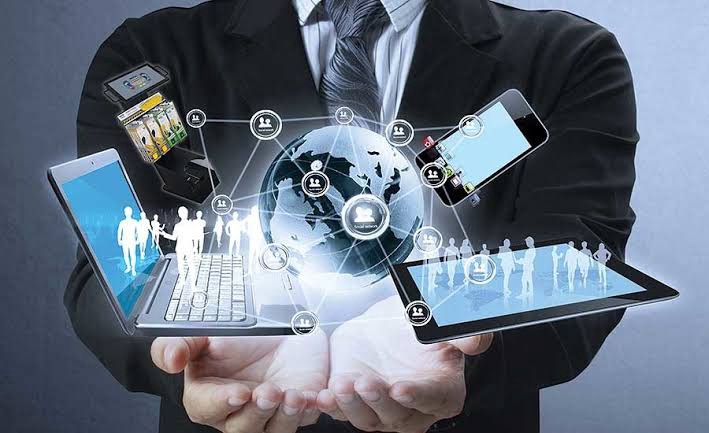
by admin 10 Jun 2024 0 Comment 11 Views
Technology is a driving force behind the rapid advancements in our world today. From artificial intelligence to renewable energy, the impact of technological innovation is felt across all sectors of society. This comprehensive blog will delve into various fields of modern technology, exploring their development, current state, and future potential.
Artificial intelligence (AI) is one of the most transformative technologies of our time. It involves the development of algorithms that enable machines to perform tasks that typically require human intelligence. These tasks include learning, reasoning, problem-solving, perception, and language understanding.
Machine Learning: A subset of AI, machine learning (ML) focuses on developing systems that can learn from data and improve their performance over time without being explicitly programmed. Applications of ML are found in recommendation systems, fraud detection, and predictive analytics.
Natural Language Processing (NLP): NLP enables machines to understand and respond to human language. This technology is at the core of virtual assistants like Siri and Alexa, as well as translation services like Google Translate.
Computer Vision: This field of AI enables computers to interpret and process visual information from the world. Applications include facial recognition, autonomous vehicles, and medical imaging.
The Internet of Things (IoT) refers to the interconnection of everyday objects through the internet, allowing them to send and receive data. This technology is transforming various industries by enabling smarter operations and improved efficiencies.
Smart Homes: IoT devices like smart thermostats, lights, and security systems provide convenience, energy savings, and enhanced security for homeowners.
Healthcare: IoT is revolutionizing healthcare through wearable devices that monitor vital signs, smart pill bottles that remind patients to take their medication, and remote patient monitoring systems.
Industrial IoT (IIoT): In manufacturing and industrial sectors, IoT enables predictive maintenance, real-time monitoring, and optimization of production processes, leading to increased efficiency and reduced downtime.
Blockchain technology is best known as the underlying technology behind cryptocurrencies like Bitcoin, but its applications extend far beyond digital currencies.
Cryptocurrencies: Cryptocurrencies provide a decentralized and secure way of conducting financial transactions. They are built on blockchain technology, which ensures transparency and security.
Smart Contracts: These are self-executing contracts with the terms of the agreement directly written into code. They automatically execute and enforce themselves when certain conditions are met, reducing the need for intermediaries.
Supply Chain Management: Blockchain can enhance supply chain transparency and traceability by providing a tamper-proof record of the entire journey of products, from raw materials to finished goods.
Renewable energy technologies are crucial in addressing climate change and reducing our dependence on fossil fuels. These technologies harness natural resources like sunlight, wind, and water to generate clean energy.
Solar Power: Advances in photovoltaic (PV) technology have made solar panels more efficient and affordable. Solar energy systems are being deployed in residential, commercial, and industrial settings to generate electricity and reduce carbon footprints.
Wind Energy: Wind turbines convert wind energy into electricity. Offshore and onshore wind farms are expanding globally, contributing significantly to the renewable energy mix.
Energy Storage: Technologies like lithium-ion batteries and emerging solid-state batteries are essential for storing renewable energy and ensuring a stable energy supply. They enable the use of renewable energy even when the sun isn’t shining or the wind isn’t blowing.
Biotechnology involves using biological processes and organisms to develop new technologies and products that improve human health, agriculture, and the environment.
CRISPR Gene Editing: CRISPR technology allows precise editing of DNA, enabling scientists to modify genes with high accuracy. This has revolutionary potential for treating genetic disorders, improving crop yields, and combating diseases.
Personalized Medicine: Advances in genomics and biotechnology are paving the way for personalized medicine, where treatments and medications are tailored to an individual's genetic makeup, improving efficacy and reducing side effects.
Agricultural Biotechnology: Genetically modified organisms (GMOs), biopesticides, and biofertilizers are examples of how biotechnology is enhancing crop production, pest resistance, and soil health.
Quantum computing is an emerging field that leverages the principles of quantum mechanics to process information in fundamentally different ways than classical computers.
Qubits and Quantum Entanglement: Quantum computers use qubits, which can represent both 0 and 1 simultaneously, thanks to a property called superposition. Quantum entanglement allows qubits to be interconnected, enabling faster and more efficient computation.
Potential Applications: Quantum computing holds promise for solving complex problems in cryptography, material science, drug discovery, and optimization that are currently intractable for classical computers.
AR and VR technologies are transforming the way we interact with digital content, providing immersive experiences in various fields.
Virtual Reality: VR creates a fully immersive digital environment, primarily used in gaming, training simulations, and virtual tours. VR headsets like the Oculus Rift and HTC Vive offer users a 360-degree experience.
Augmented Reality: AR overlays digital information onto the real world, enhancing our perception and interaction with our surroundings. Applications include AR navigation, education, and retail (e.g., virtual try-ons).
5G is the fifth generation of wireless technology, offering significantly faster speeds, lower latency, and greater capacity than its predecessors.
Enhanced Mobile Connectivity: 5G enables faster download and upload speeds, improving mobile internet experiences for users and supporting high-quality video streaming and gaming.
Internet of Things (IoT): The higher bandwidth and lower latency of 5G make it ideal for connecting a vast number of IoT devices, facilitating smart city initiatives, autonomous vehicles, and advanced industrial automation.
Healthcare and Remote Surgery: 5G’s low latency is crucial for applications like remote surgery, where real-time data transmission is essential for precision and safety.
The landscape of modern technology is vast and continually evolving, with each innovation bringing new possibilities and challenges. From AI and IoT to renewable energy and biotechnology, technological advancements are reshaping our world in profound ways. As we move forward, it is essential to embrace these technologies responsibly, ensuring they are used to enhance the human experience and address the pressing global issues of our time. The future of technology holds immense potential, and its impact on society will continue to grow, driving progress and shaping the world for generations to come.

09 Jun 2024

10 Jun 2024

10 Jun 2024

10 Jun 2024
